
Entry-Level Recruitment Process in Investment Banking
![]()
![]() 1 yr ago ago
1 yr ago ago
Are you drawn to the fast-paced world of finance, intrigued by mergers and acquisitions, and captivated by the idea of helping companies raise capital? If so, a career in investment banking might be the perfect fit for you. Investment banking is renowned for its competitive nature and high-reward opportunities, making it an attractive career choice for many aspiring finance professionals. In this article, we'll guide you through the entry-level recruitment process in investment banking, equipping you with the knowledge and skills you need to succeed.
Understanding the Investment Banking Industry
A Brief Overview
Investment banking plays a crucial role in the global financial ecosystem. It involves assisting corporations, governments, and institutions in raising capital and providing strategic financial advice. Investment bankers act as intermediaries between companies seeking funding and investors looking for profitable opportunities. This industry is known for its demanding work environment, long hours, and high-pressure situations, but it also offers substantial rewards for those who thrive in it.
The Competitive Nature of Investment Banking
Investment banking is fiercely competitive, attracting top talents from prestigious universities around the world. The allure of lucrative salaries and the opportunity to work on high-profile deals makes the industry highly sought after. As a result, securing an investment banking entry-level position can be challenging, but it's not impossible with the right qualifications and strategies.
The Role of Entry-Level Positions
Entry-level positions are the foundation of any investment banking career. These roles typically include Analysts and Associates, and they serve as a training ground for future bankers. As an entry-level professional, you'll be responsible for conducting financial research, creating financial models, and assisting senior bankers in executing transactions. It's a demanding role that requires strong analytical, communication, and teamwork investment banking skills.
Key Qualifications and Skills
Academic Qualifications
To break into investment banking, you'll need a strong educational background. Most investment banks prefer candidates with degrees in finance, economics, or related fields. A high GPA is often expected, as it reflects your ability to handle complex financial concepts. However, don't let a slightly lower GPA deter you; relevant experience and exceptional investment banking skills can offset this to some extent.
The Importance of Internships
Internships are invaluable in preparing you for an investment banking career. These opportunities provide hands-on experience and insights into the industry's dynamics. Landing a summer internship at a reputable bank is a common path for aspiring investment bankers. It not only adds to your resume but also allows you to network with professionals who can vouch for your investment banking skills.
Demonstrating Analytical and Quantitative Skills
Investment banking revolves around numbers and data. Strong quantitative skills, including proficiency in Excel and financial modeling, are a must. Employers want to see your ability to analyze financial statements, conduct due diligence, and make informed investment decisions. Taking advanced coursework in finance or mathematics can enhance your quantitative investment banking skills.
Soft Skills Matter
In addition to technical prowess, soft skills are equally essential. Investment banking is a collaborative field where teamwork is crucial. Effective communication, attention to detail, and the ability to thrive in high-pressure environments are highly valued traits. Be prepared to showcase these skills during interviews.
Crafting an Effective Resume and Cover Letter
Tailoring Your Resume
Your resume should be tailored specifically for the investment banking industry. Highlight relevant coursework, projects, and achievements that demonstrate your aptitude for finance. Include internships, part-time jobs, or extracurricular activities related to finance. Use action verbs to describe your responsibilities and accomplishments.
Emphasizing Transferable Skills
Even if you lack direct finance experience, emphasize transferable skills gained from other roles. For example, if you worked as a project manager, highlight your organizational skills, ability to meet deadlines, and experience in handling multiple tasks simultaneously. Investment banks value candidates who can adapt and learn quickly.
Tips for Writing a Compelling Cover Letter
Your cover letter should be concise and impactful. Address it to the hiring manager by name if possible. Use the cover letter to express your genuine interest in the firm and the industry. Explain why you're a good fit, emphasizing your passion for finance and your commitment to hard work. Avoid generic templates and tailor each letter to the specific firm you're applying to.
Navigating the Interview Process
Different Stages of the Interview Process
The investment banking interview process typically consists of several stages, including phone screenings, initial interviews, and final interviews. Each stage is designed to assess different aspects of your qualifications and fit for the role.
Common Interview Questions
During interviews, you can expect a mix of behavioral and technical questions. Behavioral questions assess your soft skills, while technical questions evaluate your finance knowledge and problem-solving abilities. Some common questions include:
"Tell me about yourself."
"Why do you want to work in investment banking?"
"Describe a time when you had to work in a team to solve a problem."
"Walk me through a discounted cash flow (DCF) analysis."
The Importance of Behavioral Interviews
Behavioral interviews are designed to gauge your ability to work effectively in a team and handle challenging situations. Prepare specific examples from your past experiences that demonstrate your teamwork, leadership, and problem-solving skills. Use the STAR (Situation, Task, Action, Result) method to structure your responses.
Technical Interviews
Technical interviews dive deep into financial concepts and modeling. Expect questions about valuation methods, financial statements, and market analysis. To excel, practice extensively with sample questions and review finance textbooks and online resources.
Applicant Tracking Systems (ATS) and Networking
Understanding ATS
Many firms use Applicant Tracking Systems (ATS) to screen resumes efficiently. ATS scan resumes for keywords and relevant qualifications. To increase your chances of passing through this automated screening, tailor your resume for each job application by incorporating relevant keywords from the job description.
The Significance of Networking
Networking is a powerful tool in the investment banking recruitment process. Attend industry events, alumni gatherings, and networking sessions to build relationships with professionals in the field. Engage with them on LinkedIn and consider requesting informational interviews to learn more about their experiences and insights.
Acing Assessment Tests and Case Interviews
Overview of Aptitude Tests
Investment banks may require candidates to take aptitude tests that assess numerical, verbal, and logical reasoning skills. These tests are time-bound and require practice to perform well. Utilize online resources and practice exams to familiarize yourself with the format and types of questions.
How to Prepare for Assessment Tests
Effective preparation for aptitude tests involves time management and problem-solving strategies. Learn to quickly identify key information in questions, use shortcuts where appropriate, and practice under timed conditions to improve your speed and accuracy.
Tips for Excelling in Case Interviews
Case interviews are a staple of investment banking interviews. These involve solving real or hypothetical business problems and presenting your solutions to the interviewer. Approach case interviews by structuring your analysis, asking clarifying questions, and communicating your thought process clearly. Practice with peers or experienced professionals to gain feedback.
Navigating the Final Round and Offer Negotiation
What to Expect in the Final Round
The final round of interviews typically involves meeting with senior executives or partners. Expect more in-depth discussions about your fit with the firm's culture and your long-term career goals. Be prepared to articulate your passion for the industry and the firm.
How to Stand Out Among Finalists
To stand out in the final round, showcase your commitment to the firm's values and mission. Highlight any unique qualities or experiences that set you apart from other candidates. Ask insightful questions about the firm's future projects and industry trends to demonstrate your enthusiasm.
Evaluating and Negotiating Your Offer
When you receive an offer, take the time to evaluate it carefully. Consider factors like base salary, bonuses, benefits, and potential for advancement. Be prepared to negotiate, but do so professionally and with a clear rationale. Research industry salary standards to ensure your negotiation is reasonable.
Landing Your First Investment Banking Job
Preparing for Onboarding
Once you've accepted an offer, prepare for the onboarding process. Familiarize yourself with the firm's policies, procedures, and culture. Connect with your future colleagues on LinkedIn to start building relationships.
Building a Strong Foundation
Your first year in investment banking will involve a steep learning curve. Be open to feedback, seek mentorship from experienced colleagues, and invest in your professional development. Building a strong foundation in your investment banking entry-level role will set the stage for a successful career.
Resources for Ongoing Learning
The finance industry is ever-evolving. Stay updated on industry trends, regulations, and market developments. Consider pursuing additional certifications or courses to enhance your knowledge and investment banking skills. Continuous learning is key to thriving in investment banking.
Setting Realistic Expectations
It's important to have realistic expectations about your entry-level role. Investment banking can be demanding, with long hours and intense pressure. However, it can also be incredibly rewarding in terms of career growth and financial compensation. Be prepared for the challenges and opportunities that lie ahead.
Conclusion
Breaking into the world of investment banking requires dedication, preparation, and a strong skill set. By understanding the industry, honing your qualifications and skills, crafting an effective resume and cover letter, and navigating the interview process strategically, you can increase your chances of landing an entry-level role in this competitive field.
Remember that networking, excelling in assessment tests and case interviews, and negotiating your offer are critical steps in the process. Once you secure your first investment banking job, focus on building a strong foundation and continually expanding your knowledge and expertise.
If you're ready to embark on your investment banking journey, don't hesitate to reach out to Quill Capital Partners, a leading resource for finance professionals. We offer personalized guidance, interview coaching, and career development services to help you succeed in the competitive world of investment banking. Visit our website to learn more and take the first step toward your dream career. Your journey to success begins here.
Recent Articles

J.P. Morgan Internship: A Comprehensive Guide to Launch Your Finance Career
IntroductionAn internship with...
![]() Apr 07, 2023
Apr 07, 2023

Goldman Sachs Internship: An In-Depth Analysis
IntroductionA widely sought-af...
![]() Apr 07, 2023
Apr 07, 2023

Morgan Stanley Internship: A Glimpse into the World of High Finance
IntroductionWhen it comes to i...
![]() Apr 07, 2023
Apr 07, 2023

Bank of America Internship: A Gateway to a Thriving Career in Finance
IntroductionBank of America is...
![]() Apr 07, 2023
Apr 07, 2023

Barclays Internship: A Comprehensive Guide to the 2023 Summer Program
Introduction Barclays is ...
![]() Apr 10, 2023
Apr 10, 2023
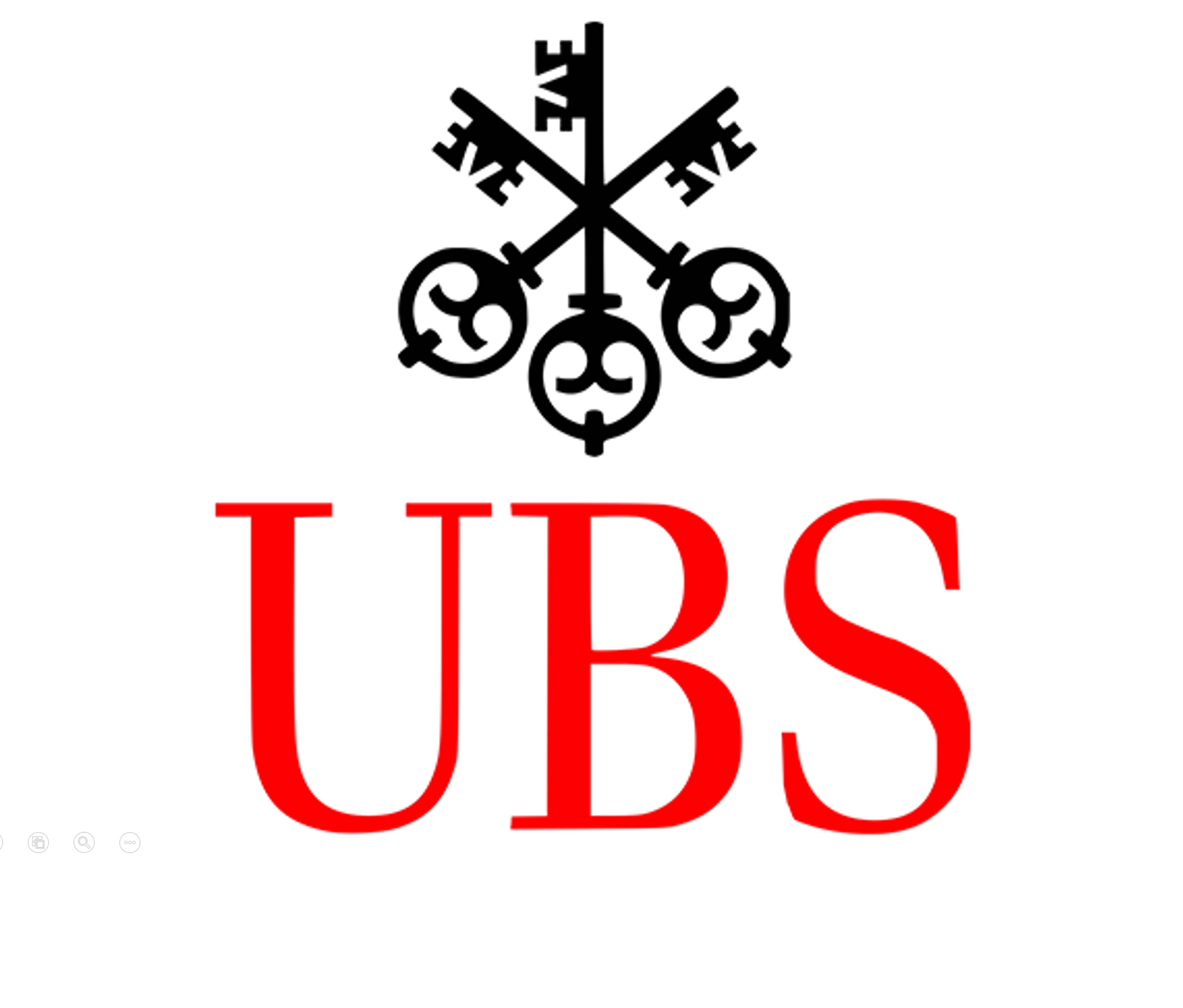
UBS Internship: A Comprehensive Guide to the Summer Program
Introduction UBS is a pro...
![]() Apr 10, 2023
Apr 10, 2023

HSBC Internship: A Comprehensive Guide to the Summer Program
Introduction HSBC, one of...
![]() Apr 11, 2023
Apr 11, 2023

BlackRock Internship: Your Comprehensive Guide to the Summer Program
Introduction BlackRock, a...
![]() Apr 11, 2023
Apr 11, 2023

Deutsche Bank Internship: Your Comprehensive Guide to the Summer Program
Introduction Deutsche Ban...
![]() Apr 15, 2023
Apr 15, 2023

Wells Fargo Internship: Your Comprehensive Guide to the Summer Program
Introduction Wells Fargo,...
![]() Apr 15, 2023
Apr 15, 2023
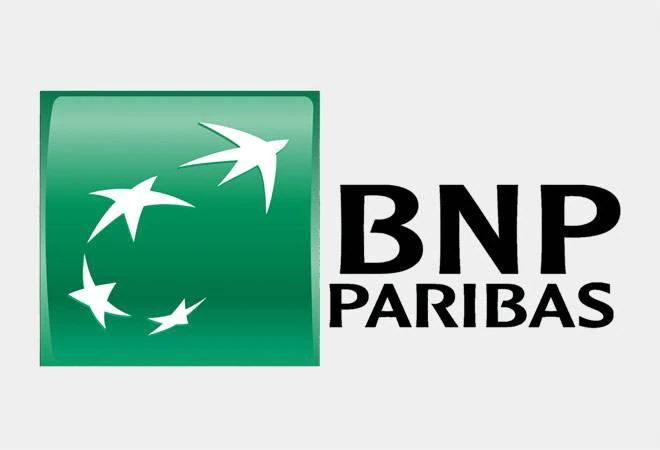
BNP Paribas Internship: A Comprehensive Guide to BNP Paribas Summer Internship 2023
Introduction The BNP Pari...
![]() Apr 15, 2023
Apr 15, 2023
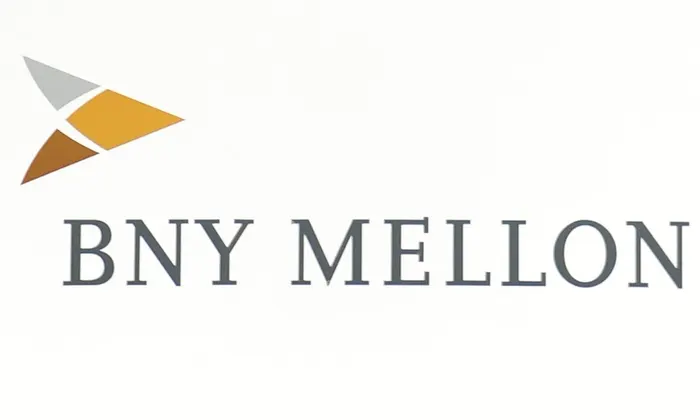
Unlocking Opportunities at BNY Mellon Internship: An In-Depth Look at the BNY Mellon Summer Internship 2023
IntroductionThe BNY Mellon int...
![]() May 04, 2023
May 04, 2023
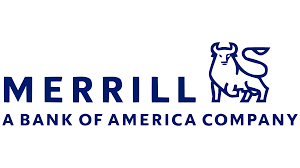
Merrill Lynch Internship: A Comprehensive Guide to Salaries, Reputation, and Career Opportunities
Merrill Lynch is a lea...
![]() May 05, 2023
May 05, 2023

Lazard Internship: An Overview of Compensation, Prestige, and Opportunity
Lazard is a global financial a...
![]() May 05, 2023
May 05, 2023
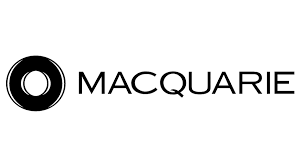
Macquarie Internship: A Comprehensive Guide to Compensation, Reputation, and Career Growth
Macquarie Group is a leading g...
![]() May 05, 2023
May 05, 2023
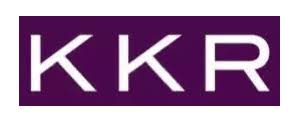
KKR Internship: A Comprehensive Guide to Roles, Compensation, and Company Reputation
KKR is a leading global invest...
![]() May 05, 2023
May 05, 2023
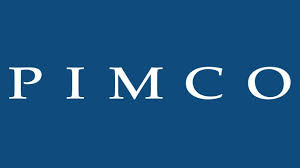
PIMCO Internship: A Comprehensive Guide to Compensation, Reputation, and Career Growth
PIMCO is a leading global inve...
![]() May 05, 2023
May 05, 2023

The Ultimate Societe Generale Internship Guide: How to Excel in a Top Financial Services Firm
Societe Generale is a leading ...
![]() May 05, 2023
May 05, 2023

How to Succeed in the Jefferies Internship: A Guide to Career Growth and Industry Reputation
Jefferies is a global investme...
![]() May 05, 2023
May 05, 2023

Exploring the Evercore Internship Program: An In-Depth Look at Opportunities, Pay, and Professional Development.
Evercore is a leading global i...
![]() May 05, 2023
May 05, 2023

Navigating the Raymond James Internship Program: An In-Depth Look into Services, Reputation, and Professional Development.
Raymond James is a leading inv...
![]() May 05, 2023
May 05, 2023

Santander Internship: A Comprehensive Guide to Compensation, Services, and Career Growth
Santander is a multinational f...
![]() May 07, 2023
May 07, 2023
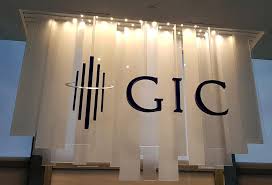
Exploring the World of Finance with GIC Internship: An Overview of the Application Process, Work, and Career Growth
GIC, also known as the Governm...
![]() May 08, 2023
May 08, 2023

Fidelity Investments Internship: Everything You Need to Know
If you're a college student or...
![]() May 08, 2023
May 08, 2023